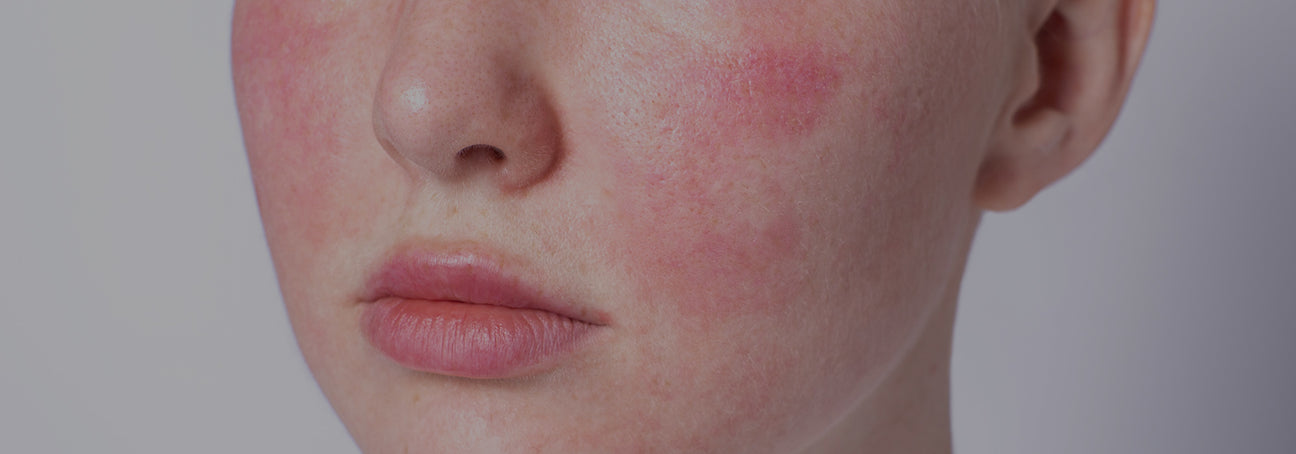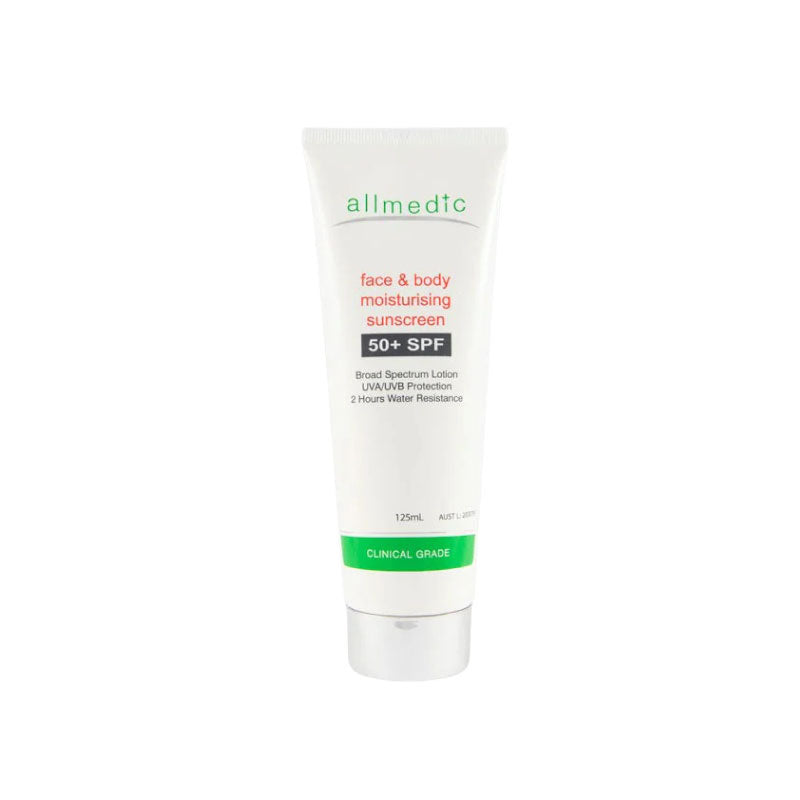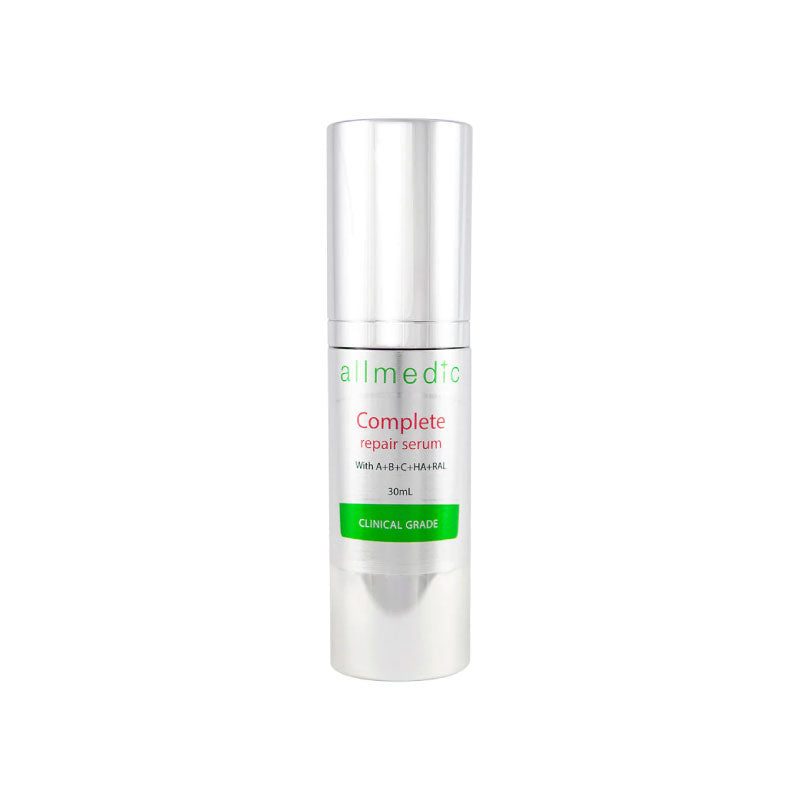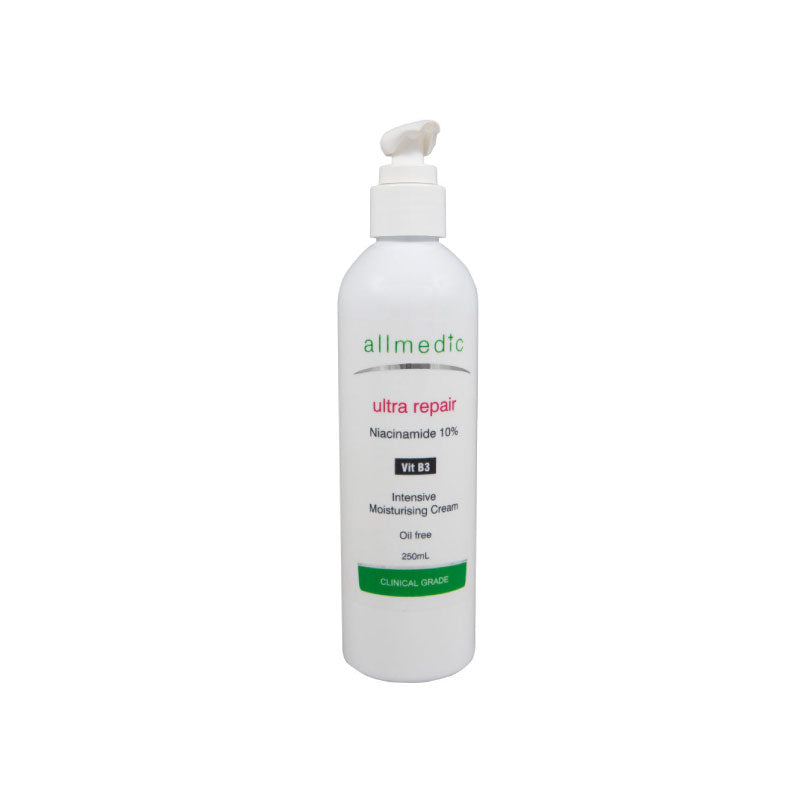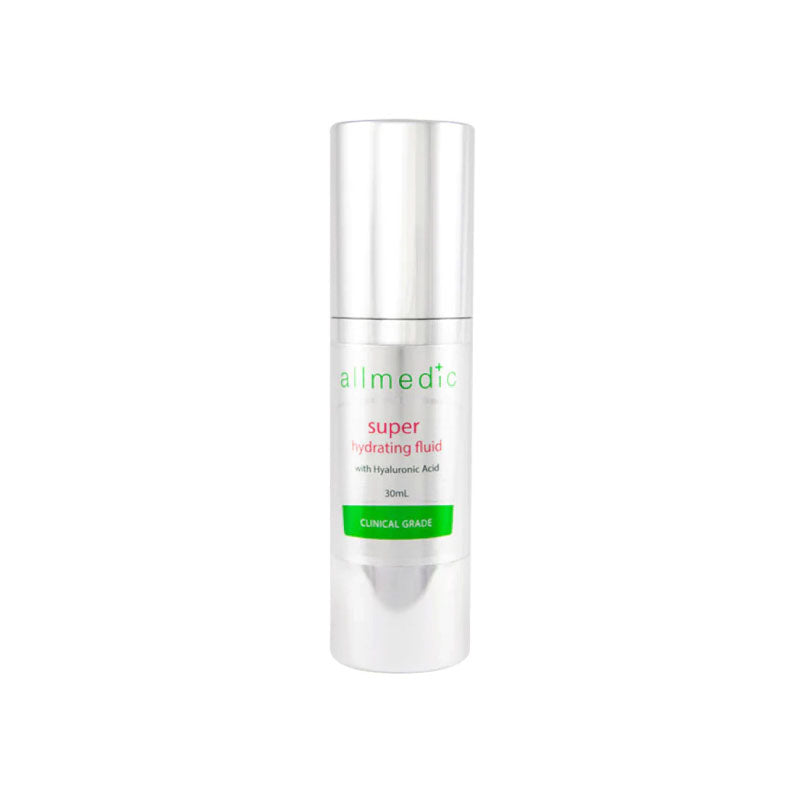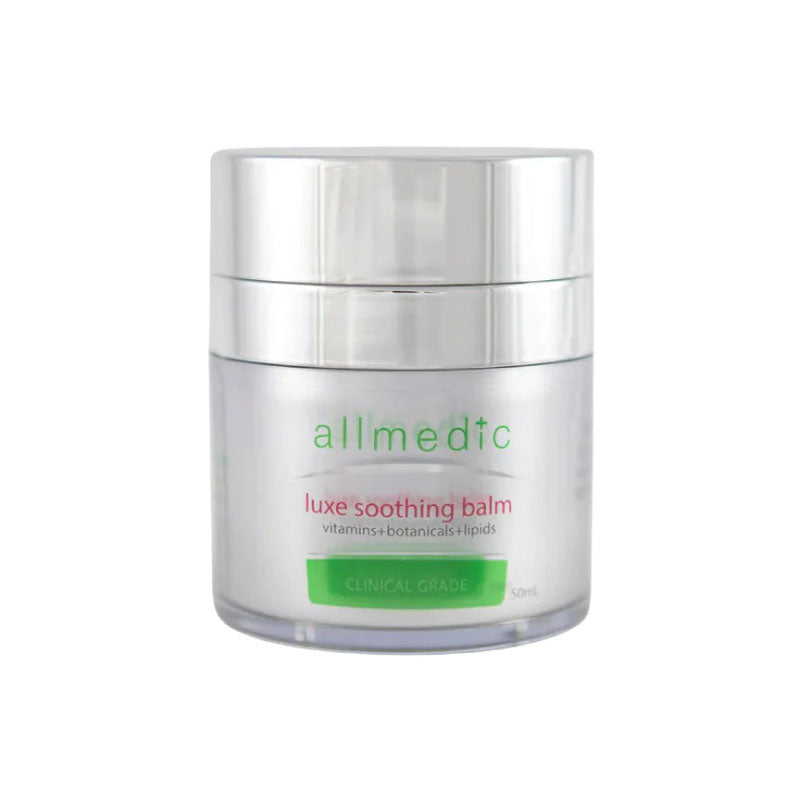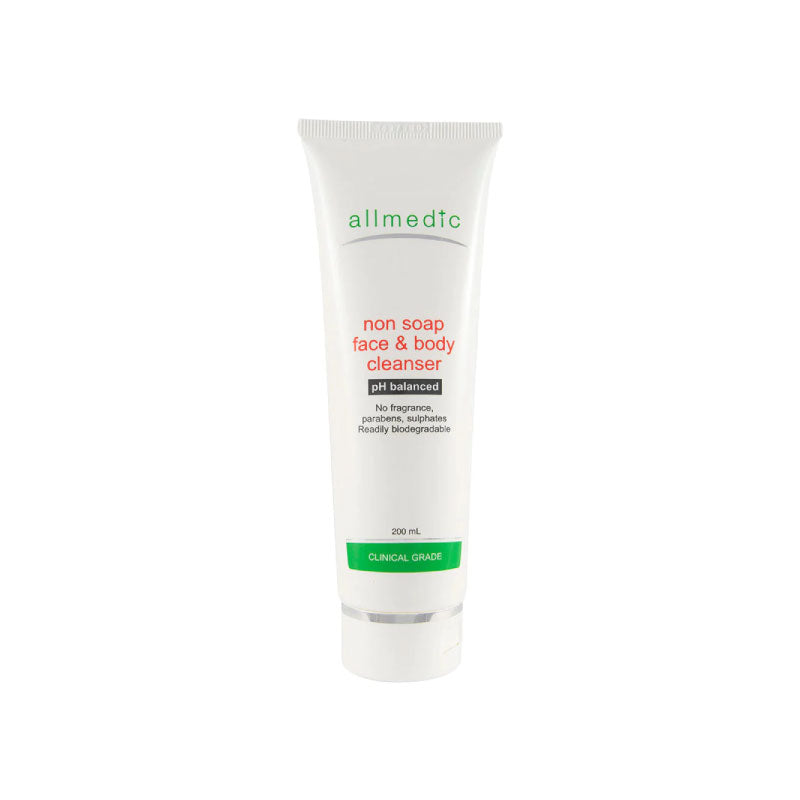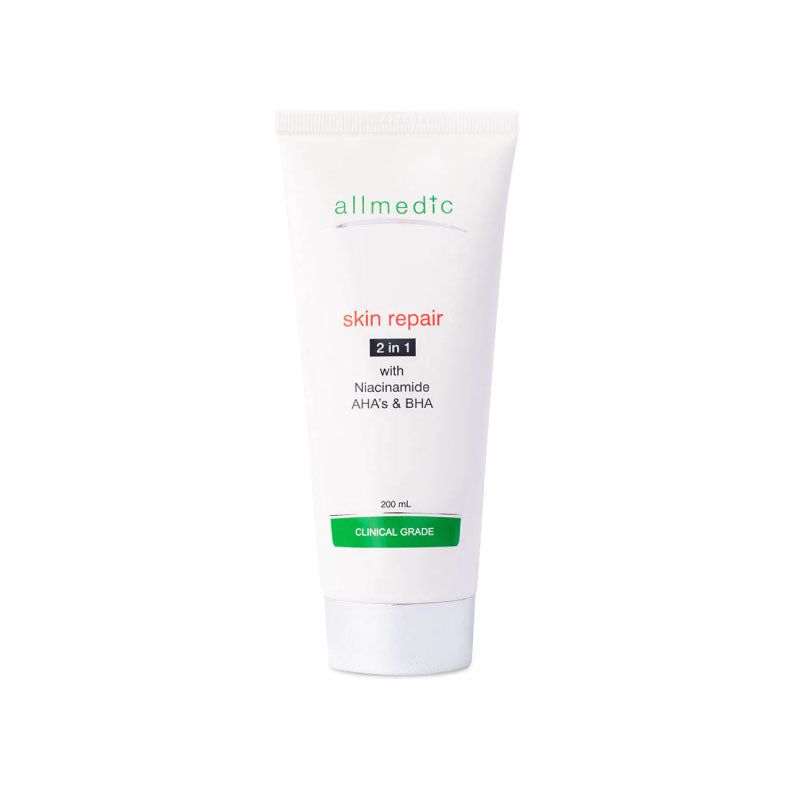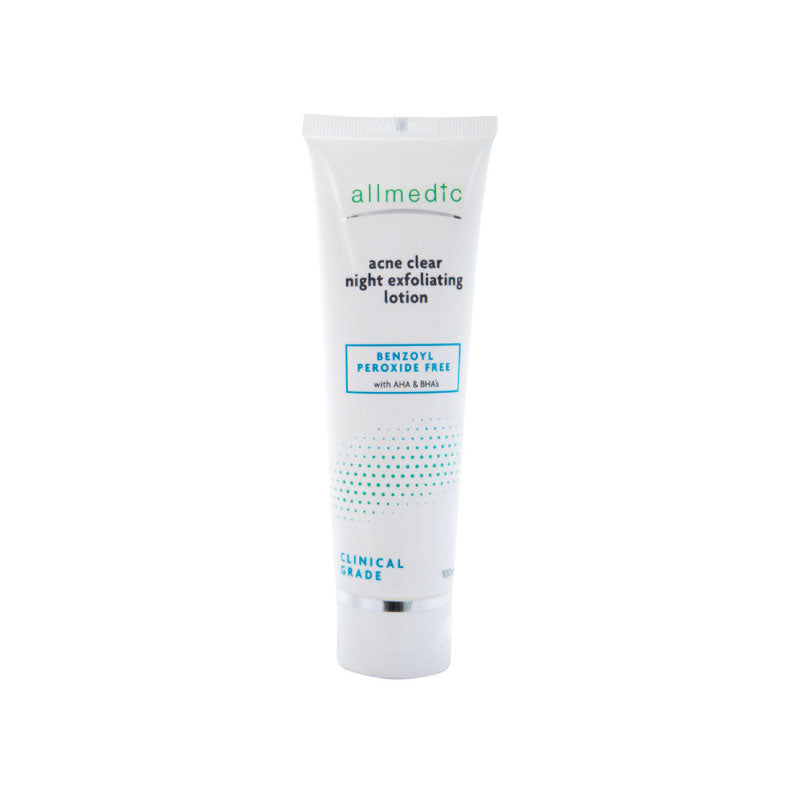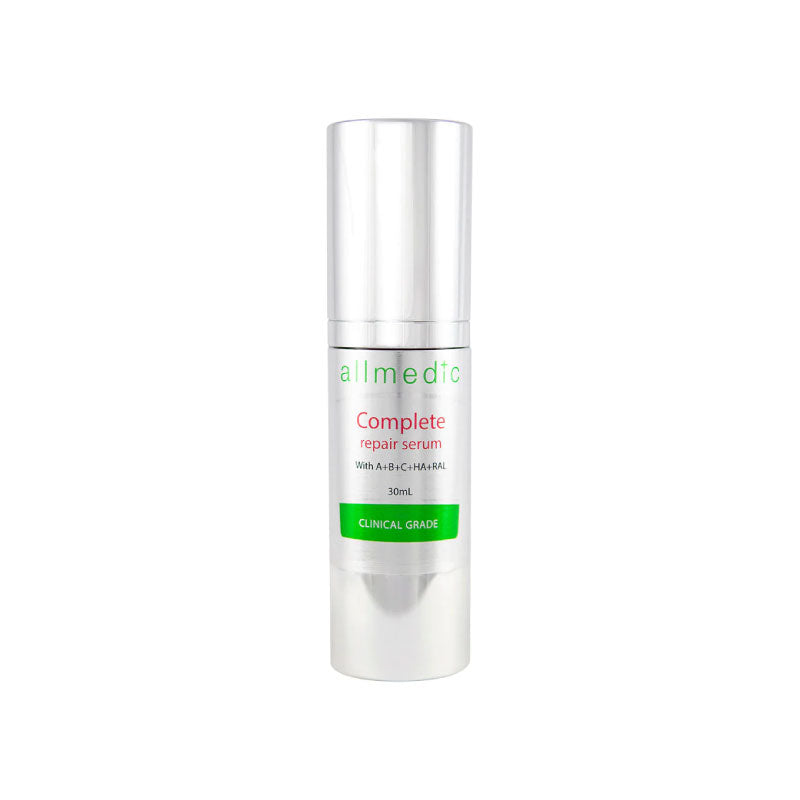Why Choose Us


Founded by Medical Doctors
Specialised and practiced in the fields of skin cancer, medical cosmetology, molecular immunology, and skin allergies.


Helping Healthcare Professionals
Providing doctors with services and tools to promote better skin health.


Helping Australians
Providing an alternative to traditional department store or pharmacy cosmetics.
What our customers say
Sensitive Skin Treatment
Understanding Sensitive Skin
Sensitive skin, also referred to as reactive skin, reacts to environmental and topical triggers more readily. Conditions like atopic dermatitis, allergic contact dermatitis and irritant contact dermatitis fall under this category, requiring tailored skincare solutions to manage symptoms effectively.Symptoms of Sensitive Skin
Sensitive skin can exhibit a range of symptoms that may vary in intensity. Common symptoms include:- Redness: Often appearing in patches or across larger areas.
- Itching: Persistent or intermittent, sometimes leading to scratching and further irritation.
- Burning Sensation: A feeling of heat or discomfort on the skin's surface.
- Dryness: Flaky or rough skin that lacks moisture.
- Visible Blood Vessels: Small, red lines often seen on the cheeks and nose.
Causes of Sensitive Skin
Sensitive skin can result from various factors, including:Environmental Factors
Exposure to UV rays, pollution and harsh weather conditions can weaken the skin's barrier, making it more susceptible to irritation and sensitivity.Skincare Products
Ingredients in skincare products, such as fragrances, alcohol and certain preservatives, can cause skin reactions or irritation, particularly in individuals with sensitive skin.Underlying Health Conditions
Conditions like atopic dermatitis, psoriasis and rosacea can inherently make the skin more reactive and prone to sensitivity, requiring specialised care.Immune Reactions
Severe allergic reactions or contact with irritants like poison ivy can trigger sensitive skin symptoms. These immune responses can cause significant inflammation and discomfort, necessitating careful management and treatment.

Treatment Options for Sensitive Skin
Managing sensitive skin involves using appropriate skin treatments and products to soothe and protect the skin barrier. Key strategies include:Gentle Cleansing
Using non-soap cleansers like allmedic Non-Soap Cleanser helps to clean without stripping moisture, preserving the skin's natural barrier. This is crucial for sensitive skin, as harsh cleansers can exacerbate irritation and dryness.Hydration
Regular use of hydrating products such as allmedic Super Hydrating Fluid helps to maintain skin moisture, preventing dryness and promoting a smoother, more resilient skin texture. Hydrated skin is less likely to react to external irritants.Barrier Repair
allmedic Complete Repair Serum helps restore the skin barrier, which is essential for protecting against environmental aggressors and maintaining overall skin health. These products work to strengthen the barrier and enhance its ability to retain moisture.Sun Protection
Daily application of broad-spectrum sunscreen like allmedic Sun Protection Face & Body SPF 50+ Sunscreen to shield from UV rays is vital. Sun exposure can worsen sensitive skin conditions and lead to increased redness and irritation. Using a high-SPF sunscreen can prevent these issues.Anti-Inflammatory Products
Using products with anti-inflammatory properties such as allmedic Ultra Repair, allmedic Luxe Soothing Balm and allmedic Complete Repair Serum helps to reduce skin inflammation, soothe irritation and promote healing. These products are designed to calm reactive skin and provide relief from discomfort.Specialised Treatments
For severe reactions, consulting a skin doctor or dermatologist for treatments like steroid creams, anti-itch creams, or numbing creams is recommended. This is generally an expensive option, but if needed these treatments can provide immediate relief from intense itching and inflammation, helping to manage symptoms effectively. Dermatologists can also provide tailored advice and treatment plans for your specific skin condition. This should be considered after the use of medical grade products fail.Preventing Sensitive Skin Flare-Ups
Preventive measures are crucial to maintaining calmer skin and managing sensitive skin conditions. Strategies include:- Avoiding known irritants and allergens
- Using skincare products designed for sensitive skin
- Implementing sun protection routines
- Keeping the skin hydrated to relieve dry skin
Conclusion
Sensitive skin treatment requires a comprehensive and gentle approach. By using appropriate sensitive skin products and following preventive measures, you can achieve calmer skin and manage symptoms effectively.Frequently Asked Questions
Whatare the common symptoms of sensitive skin?
Common symptoms include redness, itching, dryness and visible blood vessels. Sensitive skin may also react with burning or stinging sensations upon contact with certain products or environmental factors.
How can I manage sensitive skin?
Using gentle, hydrating skincare products, avoiding known irritants and protecting your skin from UV rays are key strategies. Products like allmedic's range can support sensitive skin management effectively.
What triggers sensitive skin reactions?
Triggers can include harsh weather, pollutants, certain skincare ingredients and underlying health conditions like atopic dermatitis or rosacea. Identifying and avoiding these triggers can help prevent flare-ups.
Cansensitive skin be cured?
While there is no cure, sensitive skin can be effectively managed with the right skincare routine and lifestyle adjustments, minimising symptoms and improving skin health.
When should I see a doctor?
If over-the-counter treatments do not alleviate symptoms, or if you experience severe allergic reactions or persistent skin issues, consulting a skin doctor or dermatologist is recommended for professional advice and treatment.
What causes a severe allergic reaction in sensitive skin?
Severe allergic reactions can be triggered by exposure to allergens such as certain skincare ingredients, environmental pollutants, or substances like poison ivy. These reactions often cause intense itching, redness and swelling
How can I soothe irritated skin?
To soothe irritated skin, use gentle, fragrance-free products, avoid known irritants and apply soothing balms like allmedic Luxe Soothing Balm. Anti-inflammatory creams can also help reduce irritation like Ultra Repair Cream. What are the best methods for relieving dry skin? Hydrating products, such as allmedic Super Hydrating Fluid, are essential for relieving dry skin. Regular use of moisturisers and avoiding harsh cleansers can help maintain skin hydration.
How do underlying health conditions affect sensitive skin?
Conditions such as atopic dermatitis, psoriasis and rosacea can exacerbate skin sensitivity, making it crucial to manage these conditions to prevent flare-ups and maintain skin health.
